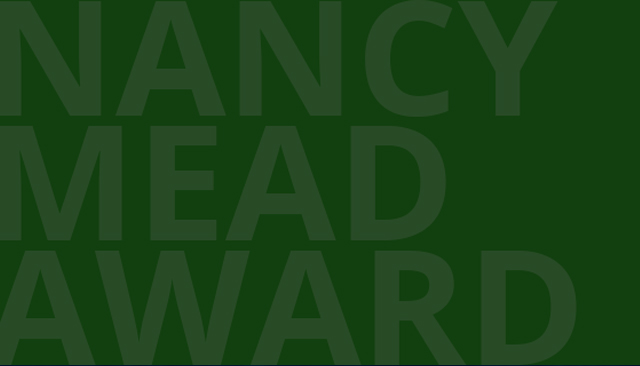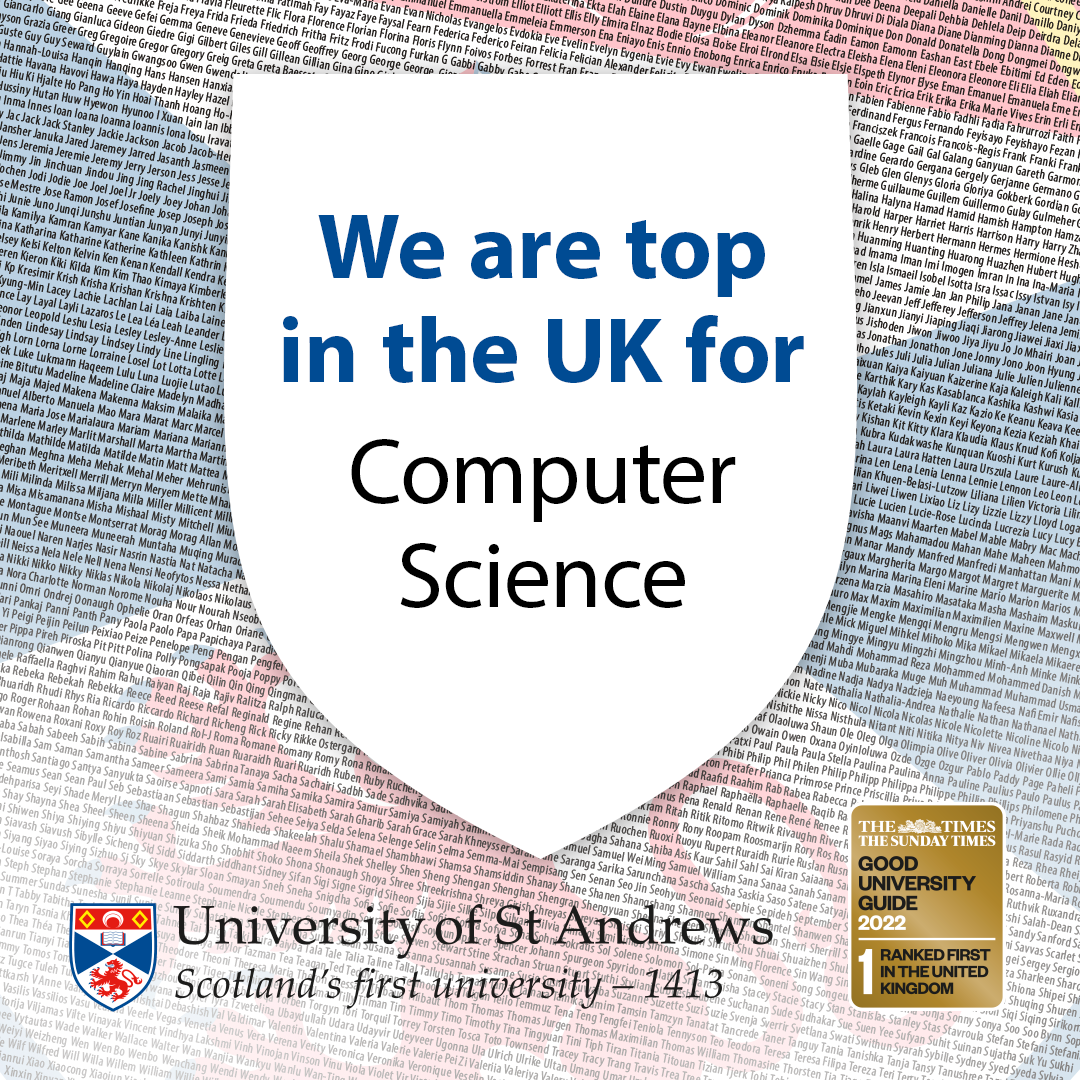Congratulations Tristan!
Congratulations to Tristan who has won Outstanding Dissertation, Thesis, or Project Supervisor at this years Students’ Association Teaching Awards. This award recognizes excellent guidance and support offered by a staff member during a student learning or research project, including postgraduate research, postgraduate taught, and undergraduate dissertations/theses. Since 2009/10, the Students’ Association has organised the Teaching … Congratulations Tristan!


